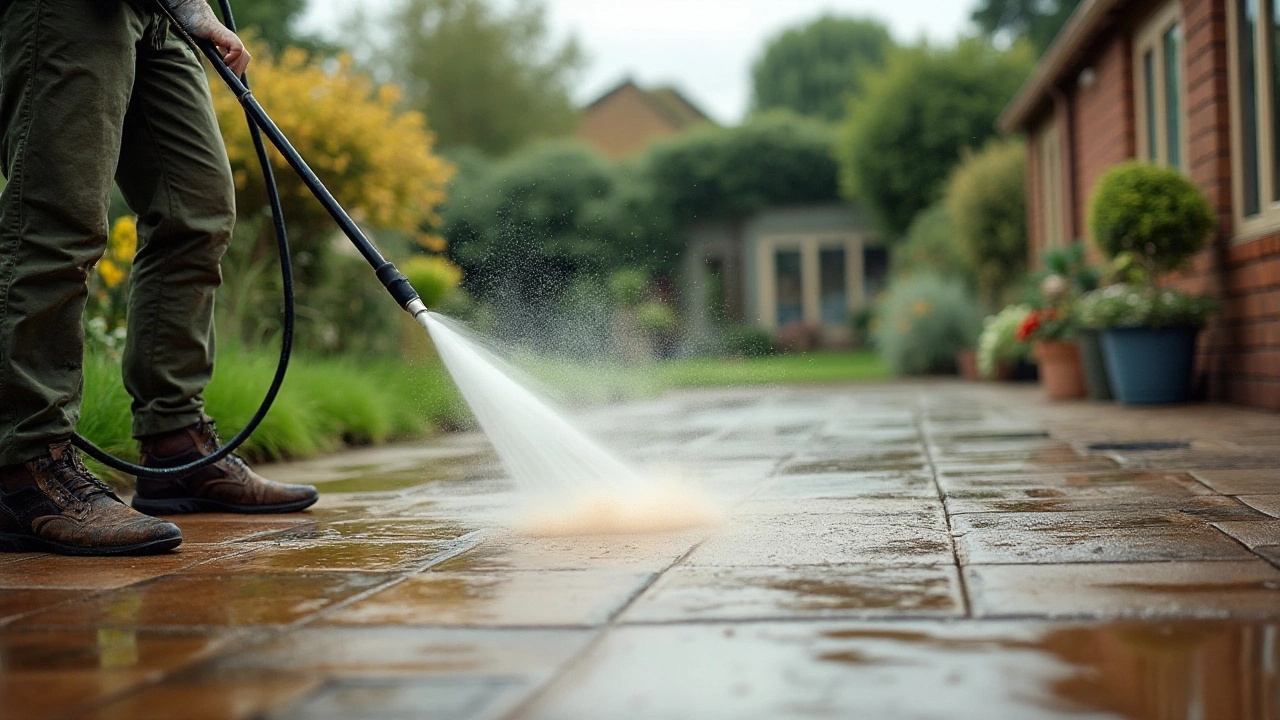Soap Basics: What You Need to Know for Everyday Cleaning
Soap is the go‑to cleaning hero in most homes, but not all soaps are created equal. From kitchen dish soap to laundry bar soap, each type has a sweet spot where it works best. Knowing the right soap for the job saves time, prevents damage, and often cuts costs.
Common Soap Types and Their Best Uses
Dish soap (like Dawn or Fairy) is formulated to cut grease on dishes, pots, and even some fabrics. Its low‑foam formula makes it easy to rinse, so it’s perfect for hand‑washing delicate items. All‑purpose liquid soap works well on countertops, tiles, and bathroom surfaces because it stays liquid and spreads evenly.
Bar soap for hands or laundry is great for solid‑oil stains and can be sliced into small pieces for spot‑cleaning. Eco‑friendly soap usually contains plant‑based surfactants, no harsh chemicals, and biodegrades quickly—ideal for families looking to reduce their environmental footprint.
Practical Soap Hacks for a Spotless Home
Got a greasy stovetop? Mix a few drops of dish soap with warm water, soak a cloth, and wipe away the grime without scrubbing hard. For stubborn carpet stains, dissolve a teaspoon of bar soap in a cup of warm water, dab the spot, then blot with a clean towel.
When you need a quick disinfectant, add a splash of liquid soap to a spray bottle filled with water. Spray surfaces, let sit a minute, then wipe clean. It’s cheap, safe for most finishes, and leaves no residue.
Always test soap solutions on a hidden area first—some finishes (like polished wood) can react poorly to excess moisture. If you notice cloudiness, dilute the soap more or switch to a mild, pH‑balanced option.
For eco‑minded cleaning, choose a biodegradable soap and pair it with natural abrasives like baking soda. Sprinkle the soda on a damp sponge, add a drop of soap, and you have a gentle scrub that won’t scratch tiles or glasses.
Storing soap correctly extends its life. Keep liquid soaps in a cool, dry place and seal the bottle after each use to prevent evaporation. Bar soaps last longer when placed on a well‑draining dish that lets water run off.
Lastly, remember that a little soap goes a long way. Over‑sudsing can leave streaks on windows or film on dishes, requiring extra rinses. Start with a small amount, add more only if needed.
By matching the right soap to each cleaning task, you’ll see better results, use less product, and keep your home looking fresh without harsh chemicals or wasted effort.

Should You Reach for the Soap? Pressure Washing Secrets Unveiled
Pressure washing can drastically transform surfaces, but should you always add soap to the equation? This article delves into the nuances of using soap with your pressure washer, exploring when it's beneficial and when it might be overkill. Discover how soap can aid in breaking down dirt and grime, ensuring a thorough clean that pure water alone might not achieve. We'll explore both everyday scenarios and the technical angles of soap use in pressure washing, helping you make informed decisions and achieve sparkling results.
Read More